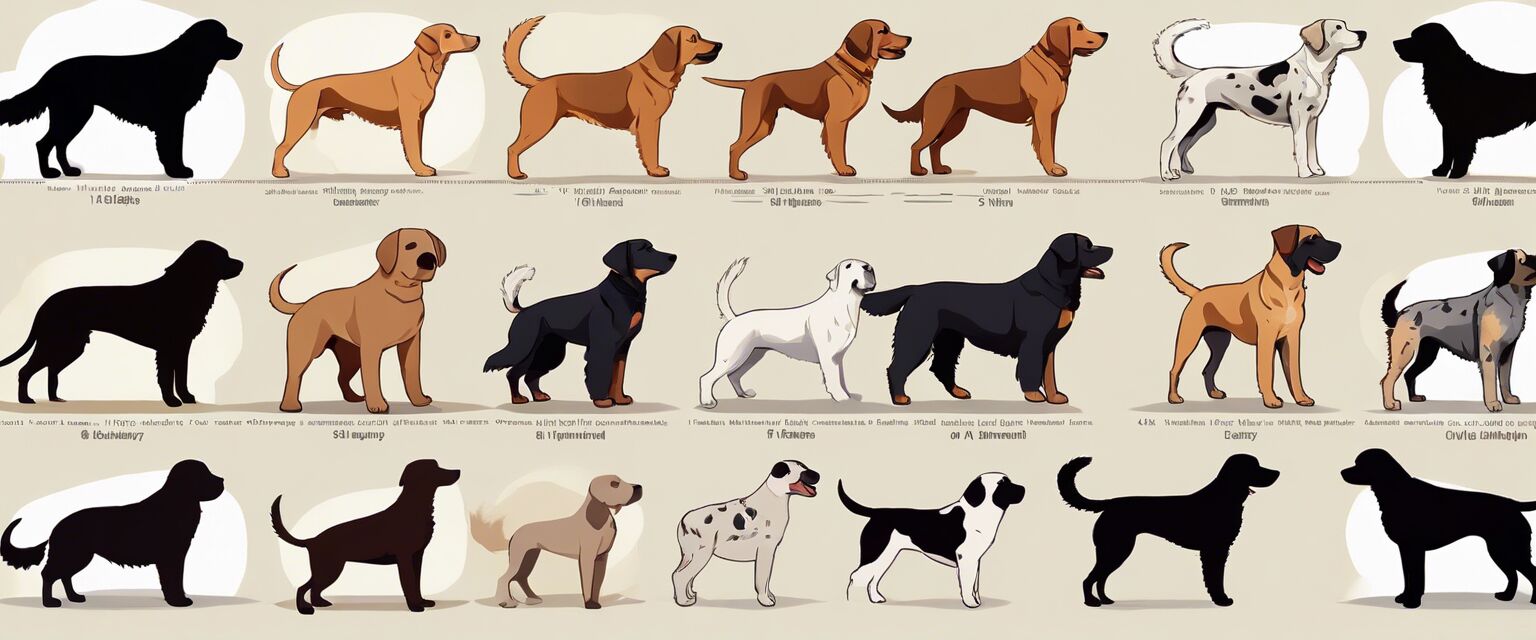
Dog Nutrition
Key Takeaways
- Balanced diet is essential for dog health.
- Choose appropriate food based on dog size, age, and activity level.
- Always consult a vet before making significant dietary changes.
- Hydration is crucial for your dogâs wellbeing.
- Be cautious about foods that are toxic to dogs.
Feeding your dog a balanced diet is essential for its optimal health and happiness. This comprehensive guide will take you through the various aspects of dog nutrition, including what to feed your dog, how to choose the right food, and the importance of hydration.
Understanding dog nutrition
Dog nutrition involves providing your pet with all the necessary nutrients to stay healthy. A complete diet should contain:
- Proteins: Essential for growth, immunity, and muscle development.
- Carbohydrates: Provide energy and support digestion.
- Fats: Vital for skin and coat health as well as energy.
- Vitamins and minerals: Necessary for metabolic processes and overall health.
Different types of dog food
When considering dog food, there are several types available:
| Type of Food | Description |
|---|---|
| Kibble | Dry, crunchy food that is convenient and affordable. |
| Wet food | Canned food that is often more palatable and easier to eat. |
| Raw food | Uncooked meat, bones, and vegetables; requires care in preparation. |
| Homemade | Prepared meals at home tailored to your dogâs dietary needs. |
Choosing the right food for your dog
Selection depends on various factors including:
- Age: Puppies have different nutritional needs compared to adult dogs.
- Size: Small breeds often need calorie-dense food, while larger breeds benefit from larger kibble sizes.
- Activity level: Active dogs require more calories than less active ones.
Consulting with a veterinarian
Before changing your dog's diet or introducing new foods, it's always best to consult a veterinarian. They can provide tailored advice based on your dog's health and lifestyle needs.
Hydration and its importance
Water is just as important as food for dogs. Dehydration can lead to serious health issues. Make sure your dog has access to fresh water at all times. The amount of water your dog needs may vary based on:
- Size
- Activity level
- Diet (kibble typically requires more water intake than wet food)
Common dietary concerns
While feeding your dog, be aware of certain foods that can be harmful. Here are a few:
- Chocolate
- Onions and garlic
- Grapes and raisins
- Xylitol (a sweetener found in sugar-free products)
Natural food alternatives
Many dog owners are now exploring natural food alternatives. Homemade diets can be a good option, providing control over ingredients and nutrition. However, achieving a complete and balanced diet can be challenging. Enhancing your dogâs diet with natural ingredients like:
- Cooked vegetables
- Additives like fish oils
- Fruits such as bananas and blueberries
Always conduct thorough research or consult with a vet when planning a homemade diet.

Essential nutrients for specific needs
All dogs are not created equal, and thus their dietary needs can vary. Consider individual needs such as:
| Dog Type | Essential Nutrients |
|---|---|
| Puppies | High protein, calcium for growth |
| Adult dogs | Maintain weight, balanced protein and fats |
| Senior dogs | Lower calories, joint supplements, fiber for digestion |
Conclusion
Feeding your dog the right nutrition is fundamental to ensuring a happy and healthy life. Understanding different food types, the importance of hydration, and recognizing harmful ingredients can help you make the best dietary choices for your furry friend. Always prioritize consulting with a veterinarian and be attentive to your dog's specific needs.
Tips for beginners
- Start slow when introducing new foods.
- Read labels carefully to understand nutritional information.
- Keep track of your dogâs weight to adjust portions as needed.
- Observe your dog's reaction to new food.
Pros
- A balanced diet supports overall health.
- Proper nutrition can lead to a better quality of life.
- Healthy weight management reduces health risks.
Cons
- Finding the right food can be overwhelming.
- Expensive brands do not always mean better quality.
- Homemade diets require careful planning.

Further reading
For more insights on dog care, check out our sections on Health & Wellness, Exercise & Training, and Mental Stimulation.









